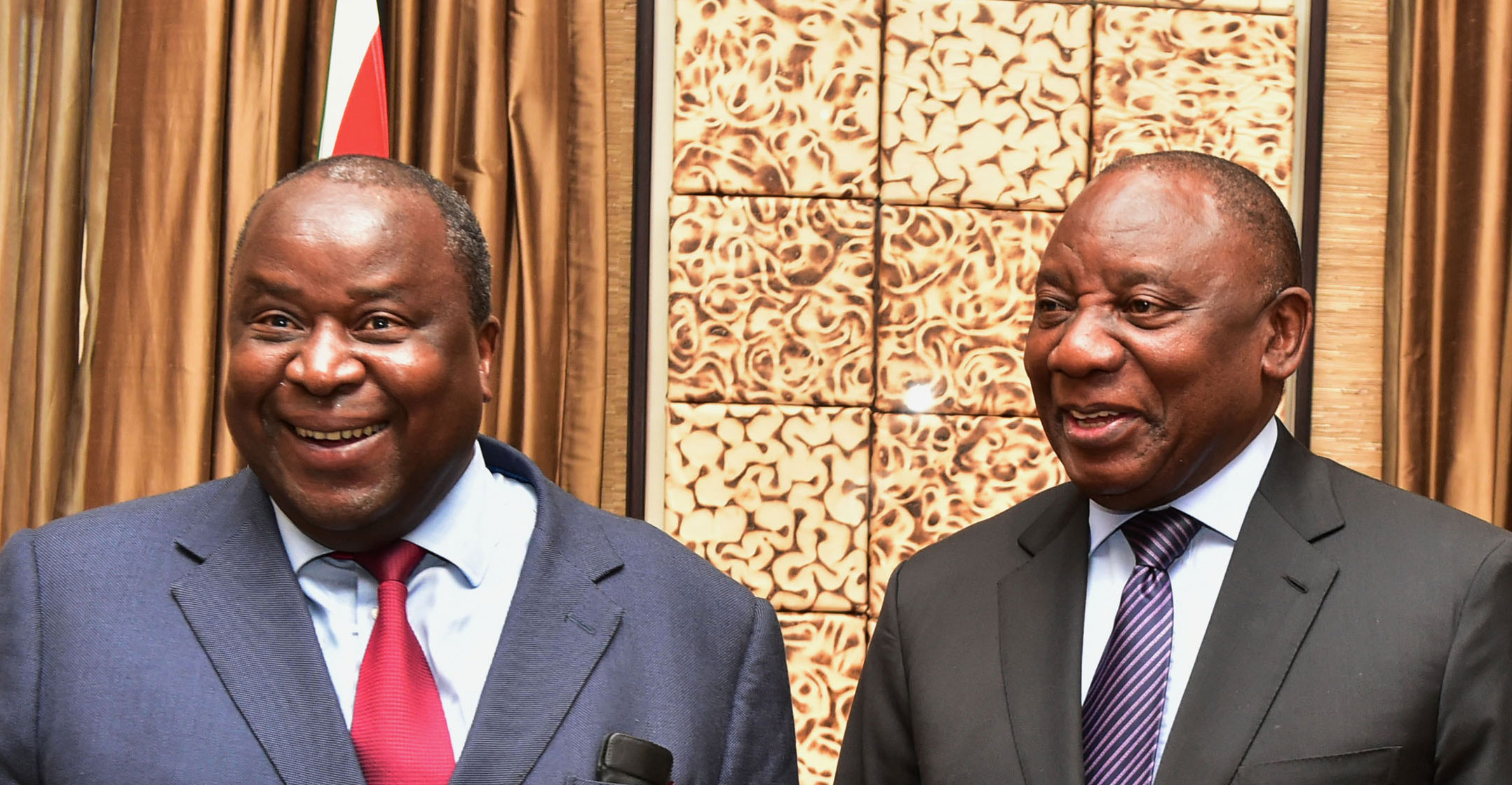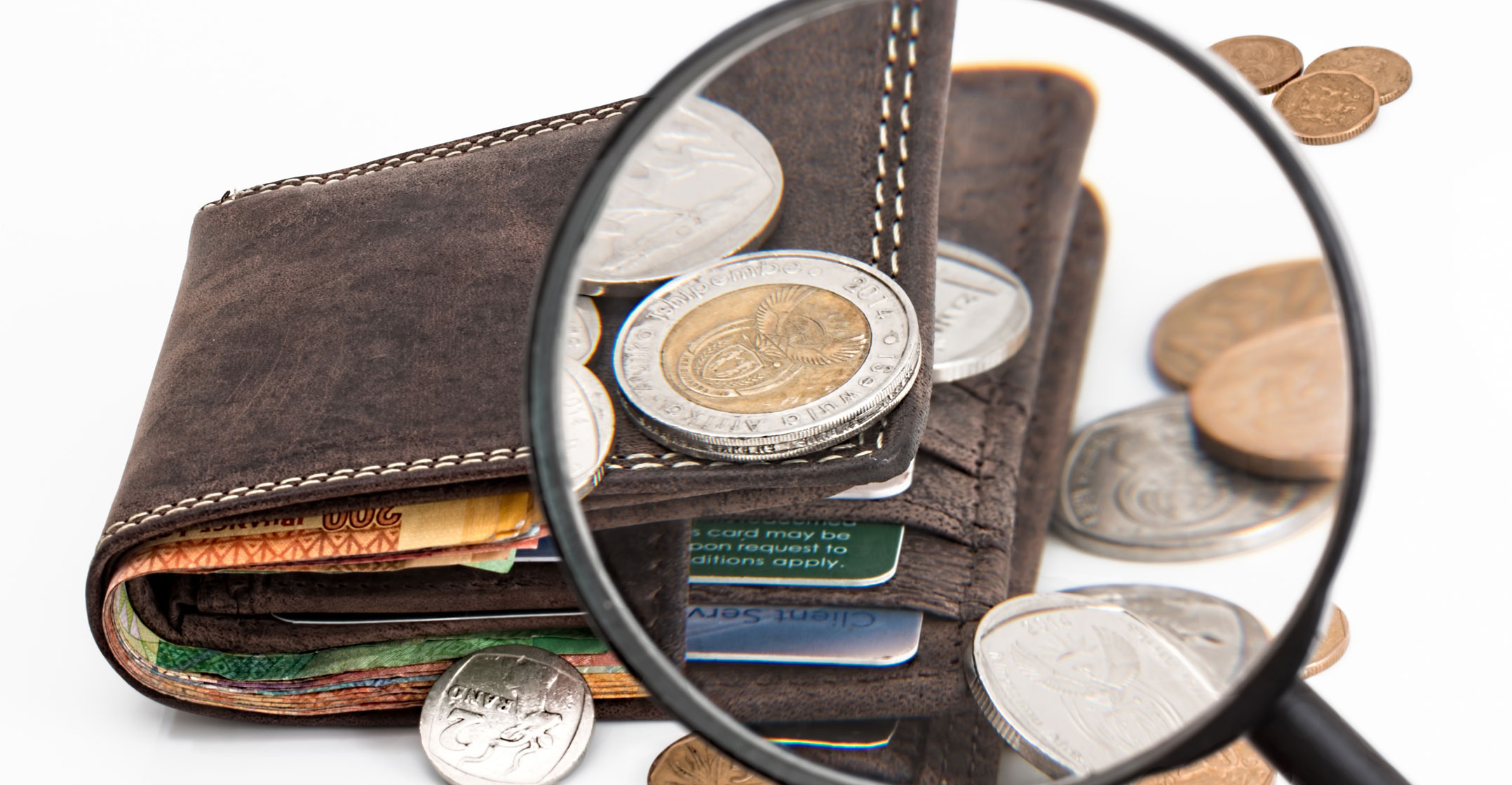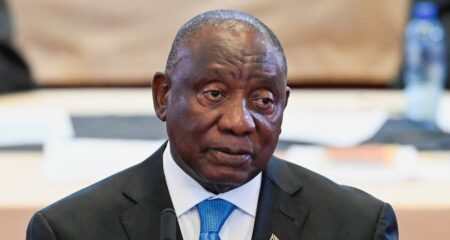
Finding R50-billion for a stimulus package is the unenviable task facing finance minister Tito Mboweni in the mid-term budget — and he’s only two weeks into the job.
Mboweni has to do that after an inflation-beating wage increase for civil servants and with state companies burning cash. He also has to show on Wednesday how the government plans to stem escalating debt to help ward off another credit-rating downgrade, that its self-imposed spending ceiling remains intact, and that the first-half recession is a thing of the past.
The former central bank governor was appointed to the position on 9 October, after Nhlanhla Nene resigned, and will have little room to maneouvre. A Bloomberg survey shows the government won’t meet its goal of narrowing the budget deficit to 3.6% of GDP this fiscal year.
“There’s really no doubt that this year’s budget will contain a lot of bad news — the only real question is how bad,” said John Ashbourne, an economist at Capital Economics. “Mboweni will prioritise holding to the deficit target, but this will require painful cuts. There isn’t, frankly, a lot of money available.”
President Cyril Ramaphosa’s recovery plan calls for spending to be rejigged to fund projects that can spur growth and cut into the country’s unemployment rate of 27%, near a 15-year high. This comes after the economy slipped into its first recession in a decade and S&P Global Ratings and Fitch Ratings cut the nation’s debt to junk last year.
Moody’s Investors Service warned this month it could follow suit if South Africa doesn’t stabilise debt.
Ramaphosa replaced Jacob Zuma as president in February, vowing to stimulate growth and attract investment, fix state companies and root out corruption. The budget comes a day before the start of a three-day investment summit to help lure US$100-billion into the economy, with investors seeking evidence finances are under control.
Under-performance
“We expect some revenue under-performance, though the year-to-date data suggests that this should be modest,” said Elna Moolman, the head of economics at Standard Bank Group, Africa’s biggest lender. “The challenges will rather be on the expenditure side, where the higher-than-budgeted wage settlement, spending related to the presidential stimulus and recovery plan, and possible support for the state-owned companies would have to be accommodated.”
Economists in a Bloomberg survey estimate the budget deficit at 3.8% of GDP in the current fiscal year, and that it will be in line with the treasury forecasts of 3.6% and 3.5% for the next two.
Gross debt was projected by officials in February to peak at 56% of GDP in 2021. While the cost of servicing this is the third-fastest growing expense in the budget, the projection was an improvement on the more than 60% given a year ago.

Personnel costs account for about 35% of state spending, and a three-year wage agreement will see 1.3 million civil servants getting raises of as much as 7% for the year to March 2019.
State firms have also been a drain on the budget, with large bailouts to power utility Eskom and South African Airways. Guarantees on debt to the companies total more than R460-billion, of which 65% has been taken up, according to national treasury. That exposure was flagged by rating companies as one of the key risks for the economy.
Higher income tax rates and the first increase in VAT since 1993 may have helped plug the gap, but the burden has weighed on households amid rising fuel costs and there may not be space for further measures.
Mboweni is “in a very tight space”, Isaac Matshego, a senior economist at Nedbank, said by phone. “The government will tread very carefully.” — Reported by Ana Monteiro, Colleen Goko and Sarina Yoo, with assistance from Ntando Thukwana, (c) 2018 Bloomberg LP




